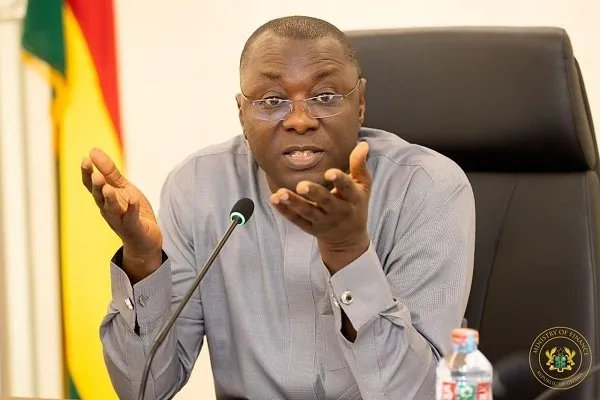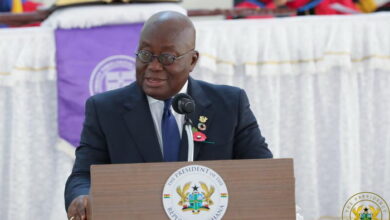Strong Corporate Governance Crucial for Ghana’s Economic Stability
Strong Corporate Governance Crucial for Ghana's Economic Stability

- Dr. Adams highlighted the direct link between well-governed public institutions
- The plan aims to improve the legal and regulatory framework
- He compared Ghana's economic output to global corporations
A strong corporate governance culture, particularly within state-owned enterprises (SOEs), is essential for safeguarding Ghana’s economic stability and preventing a return to unsustainable debt levels.
This message was emphasized by key stakeholders, including Finance Minister Dr. Mohammed Amin Adam, at the inaugural Boardroom Summit held on October 8, 2024.
The summit brought together various stakeholders to discuss the future of SOEs and private sector governance. Dr. Adams highlighted the direct link between well-governed public institutions and better social outcomes, emphasizing the importance of good governance for development.
His comments came as the government successfully restructured its euro bonds, a significant milestone in its debt restructuring efforts.
Minister Adam underscored the government’s ongoing reforms to SOEs, including the adoption of a corporate governance action plan with World Bank support.
The plan aims to improve the legal and regulatory framework, strengthen state oversight, professionalize SOE boards, and enhance transparency and disclosure. These reforms have already yielded results, with an increase in SOEs holding annual general meetings.
John Boadu, Acting Managing Director of the State Interests and Governance Authority (SIGA), emphasized the importance of accountability in the boardroom. He stressed that efficient SOEs can not only reduce the state’s contingent liabilities but also generate income for the nation. SIGA has also witnessed significant improvements in SOE reporting, with a substantial increase in entities providing financial accounts.
Minister of Public Enterprises Joseph Cudjoe highlighted the direct link between boardroom decisions and economic growth. He compared Ghana’s economic output to global corporations, emphasizing the importance of well-run, larger Ghanaian corporations for economic transformation.
Angela Carmen Appiah, President of the Institute of Directors-Ghana (IoD-Gh), emphasized the responsibility of directors, especially in state institutions, to prioritize the long-term interests of their organizations. She noted that there is a growing trend of holding directors accountable for their actions.
The Boardroom Summit marks a significant step in Ghana’s efforts to reform its SOEs and improve corporate governance. The convener, Professor Douglas Boateng, emphasized the importance of boardrooms adopting ethical practices and prioritizing sustainability.





